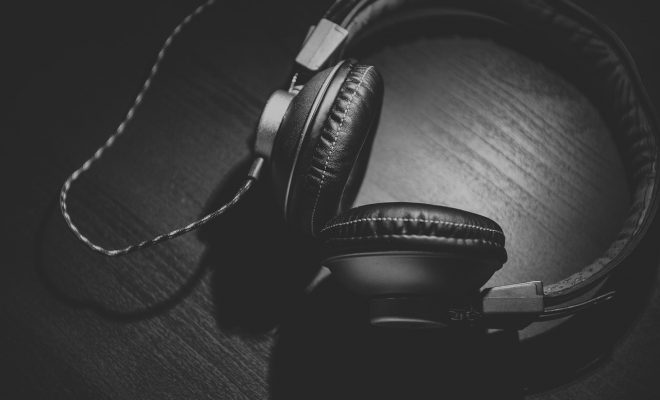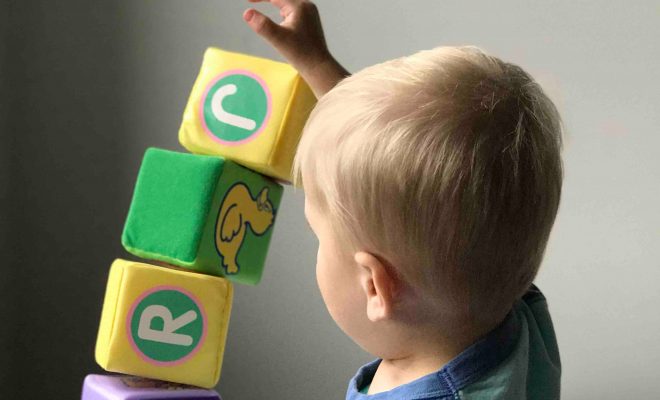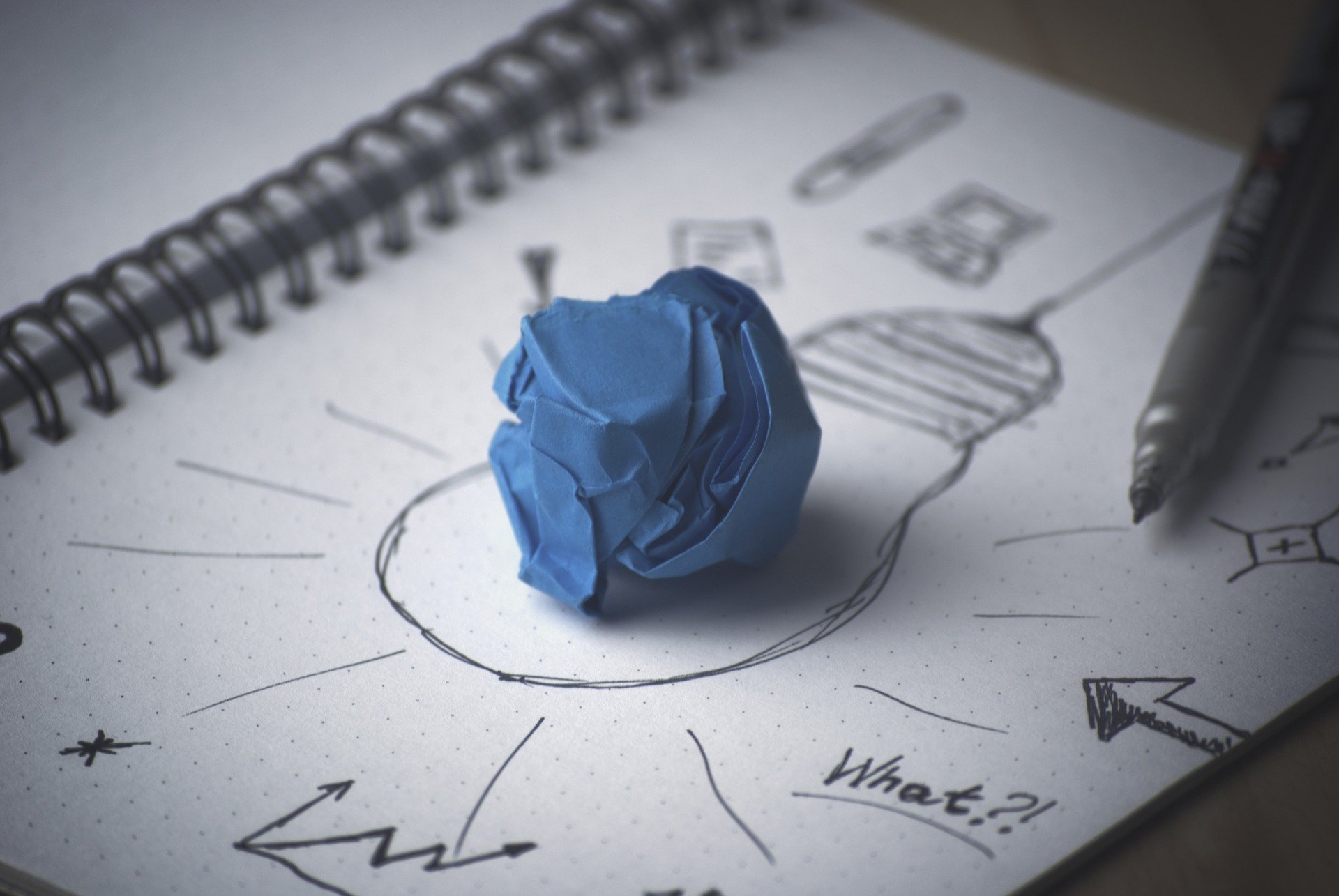Exploring the Cognitive Skills Developed by Music

Schools seem to have reduced or completely abolished music programs in recent times. It’s sad because music offers multiple educational benefits for all students, not just the musically-gifted ones. While musically-inclined students will tune into their musical abilities to take their learning a step ahead, non-musical students can also participate and hone different cognitive skills.
Critical Thinking
Music involves putting different components together, including multiple instruments, dance, or diverse music styles. To do this, students should understand the purpose of different components and incorporate each without compromising them. Whatever they try to do, the musicians always need to remember the purpose of the entire musical creation. Whether the musical performance wants to showcase emotions, convey a story, or show students’ progress, the ideas need to be incorporated suitably with the applicable intention. Else, the story will get lost, making the audience baffled. Students need practice, critical thinking, and even failures to combine these musical components.
Academic Skills and Processing
Music students acquire language faster than their non-musical counterparts. Since language and reading involve similar regions of the brain, music students also develop faster reading skills. Since music is categorized into sets like beats of four, these students also employ their math skills as well. When performing in a group, ratios and fractions have a significant role because someone playing the bass guitar may need to play a single note every two beats. Thus, a participant in such group musical recitals will understand a 1:2 ratio. If he can’t, the entire group will fail to create consistent music together.
Short-Term and Long-Term Memory
Students learning a new song or instrument should be able to imitate the notes back to the teacher. To do this, they need to sharpen their short-term memory. Learning music can help with that. Again, decoding the music requires practice and accuracy. Once learned and mastered, songs, notes, and movements are taken to and stored in long-term memory. Pathways like a filing cabinet are formed in long-term memory, which can be accessed when required. Even after some time has passed, the information and actions learned can still resonate with the student. Thus, it’s not surprising to find an individual playing a song on the piano he learned 20 years ago!
Focus and Attention
Music involves different measurements, rhythms, a combination of diverse instruments, and physical movements, irrespective of whether you’re dancing to a musical rhythm or playing an instrument. Students need to know about pauses, beats, and intentional movements to be successful. Thus, failure to focus, even for a split second, can mean a disconnect between the music and the individual’s involvement in music. The more music is practiced, the more it helps in nerve pathways being developed and connected.
Final Words
Music engages students having varied interests and teaches them skills dynamically instead of through rote practice or rote memorization. Each music student has the ability to learn something, be it the skill of coordination, fixing mistakes based on instant feedback, teamwork, or expressing oneself.





